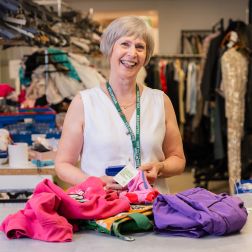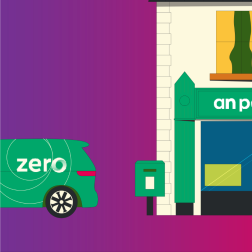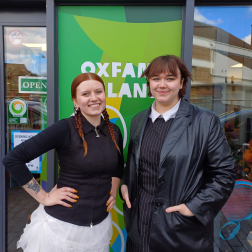- 2 mins read time
- Published: 6th August 2021
Saying yes to SecondHand? You’re not the only one...
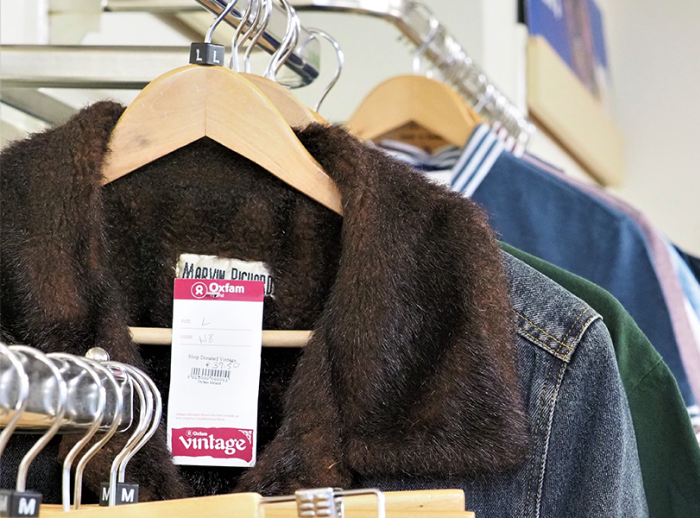
Last year, 33 million people around the world bought second-hand clothes for the very first time –and more than three-quarters of those people plan to increase their spending on pre-loved items in the next five years –pretty incredible right?
The figures, released last month by ThredUp –the world’s largest fashion resale platform –also reveal that the second-hand market is expected to DOUBLE over the next five years.
It emerged that the resale sector grew during the pandemic and is now worth$36 billion. Moreover, the findings in ThredUp’s ninth annual Resale Report highlight that the second-hand market is expected to grow 11 times faster than the retail clothing business over the same period.
The report found that consumers’ values have changed since the pandemic began, driving new demand for second hand. One in three shoppers now care more about wearing sustainable apparel than pre-pandemic, 60 percent don’t want to waste money and 51 percent worry about environmental waste. Just one out of two shoppers reported to care more about getting a bargain.
And the report revealed that the circular economy is going mainstream, with shoppers and retailers eager for governments to incentivise resale.
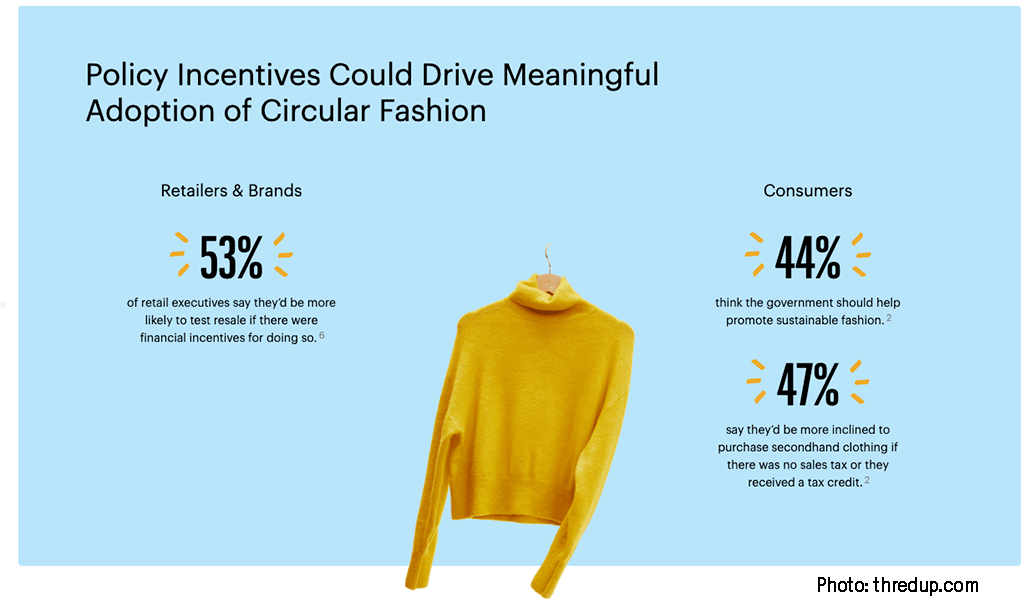
Almost 60 percent of retail executives say they’d be more likely to test clothing resale if there were financial incentives for doing so, while 44 percent of shoppers think that the government should help promote sustainable fashion.
And nearly 50 percent of the 3,500 shoppers surveyed said they’d be more inclined to buy second-clothes if there was no sales tax or they got a tax credit.
Elsewhere, other research has found that Gen-Z shoppers are concerned about brands’ sustainability credentials, in terms of both social and environmental issues. The findings are based on a survey of more than 2,000 people who buy and sell on vintage clothing marketplace Depop in the US.
Seventy percent of those surveyed said that their decision whether to buy clothes or not depends on fashion companies’ stances on fair wages and safety. Six out of 10 respondents said the same for issues of diversity and inclusion, while another 60 percent mentioned brands’ efforts to reduce their environmental footprint.
People are starting to see just how much pressure throwaway fashion is putting on our planet and people and how unsustainable it is. And people are starting to take action. And you can too!
Set yourself a personal challenge, and join us for Second Hand September as we say yes to pre-loved!
